Patriotic Front member, Francis Muchemwa, also known as Commander II, has taken his fight for justice to the High Court’s Economic and Financial Crimes Division, arguing that his conviction on corruption charges was unfair and is demanding that his sentence be overturned, along with a retrial.
Muchemwa is currently behind bars after being denied bail.
In July last year, he was sentenced to three years in prison for possessing tainted property.
The court also ordered him to pay K141,400 as restitution to ZESCO, while his companies were fined K200,000 each.
The case involved Muchemwa and his two companies, Friltech Networks Zambia Limited and Altitude Properties Limited, who faced 10 counts of being in possession of property suspected to be proceeds of crime.
Through his lawyers, Muchemwa insisted that the trial court failed to consider critical evidence in his favour.
He argued that there was no proof he had not traveled to the locations in question when ZESCO paid him subsistence allowances, and that as such, the court should have ruled in his favour.
His appeal cited Section 327 (1) (b) (i) of the Criminal Procedure Code, which allowd an appellate court to reverse a conviction, acquit an accused person, or order a retrial.
His lawyeers argued that the trial court wrongfully placed an evidentiary burden on him without granting him the opportunity to present key documents.
Muchemwa contended that the court unfairly dismissed his request to submit documents supporting his defense.
These documents, he claimed, were in the prosecution’s possession and were only partially released in April 2024, long after his trial had progressed.
According to his legal representatives, the rejection of his evidence directly violated his right to a fair trial.
They argue that Section 71 (2) of the Forfeiture of Proceeds of Crime Act required him to prove his properties were lawfully obtained, yet he was denied the opportunity to do so.
Muchemwa’s lawyers also stated that defense witnesses were also restricted from using any supporting documents and the court expunged critical evidence from the record, which they believe severely compromised his ability to defend himself.
His appeal referenced Article 18 of the Constitution, which guarantees every accused person the right to a fair trial.
By refusing him additional time to present his documents, the legal team argues, the court deprived him of his constitutional rights.
Citing past legal precedents, Muchemwa’s lawyers argued that a retrial was necessary to ensure justice is served.
They referenced cases such as Ahamed Ali Dharamsi Sumar v R (1964) and Sikota Wina and Princess Nakatindi Wina v The People (1996), both of which emphasize the need for fairness in trials.
Muchemwa insisted that his trial was flawed and that he deserved another chance to prove his innocence.
He also urged the High Court to either nullify his conviction or order a retrial, allowing him to present all the evidence he was previously denied.
WARNING! All rights reserved. This material, and other digital content on this website, may not be reproduced, published, broadcast, rewritten or redistributed in whole or in part without prior express permission from ZAMBIA MONITOR.

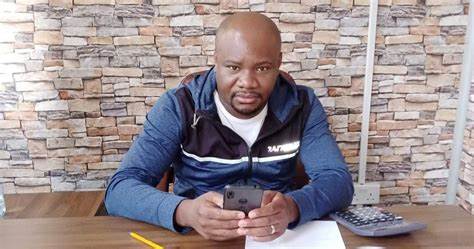
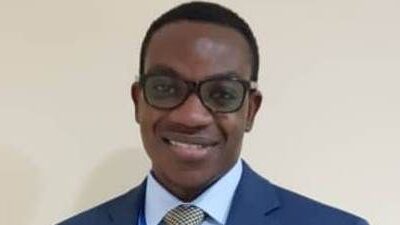

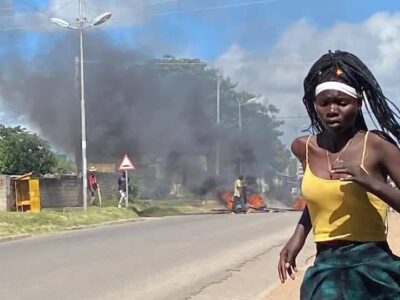
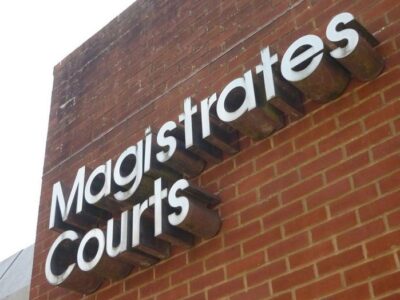
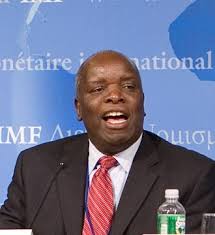
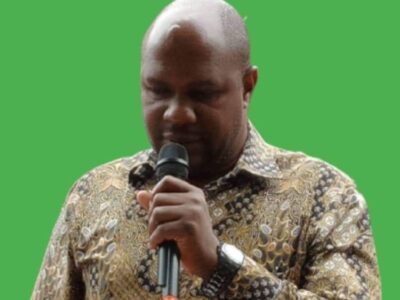



Comments